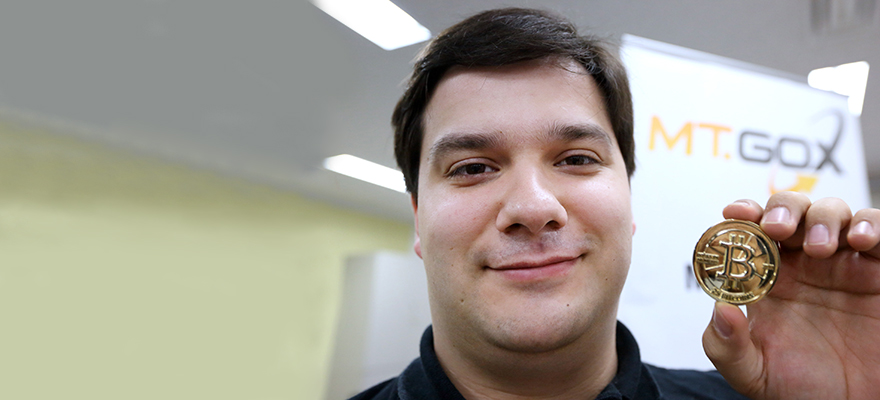Former MtGox CEO Mark Karpeles was arrested in Tokyo on Saturday, suspected of manipulating systems at the now-defunct exchange to fake account balances.
The Bitcoin exchange, once the world’s largest by volume, collapsed in February last year, taking with it an estimated 850,000 bitcoins. Approximately 200,000 were subsequently “rediscovered” in an offline wallet.
According to Wall Street Journal, Karpeles is suspected of increasing a balance in an account. An official with Tokyo’s police force reportedly indicated on Friday that Karpeles would be arrested the following day because he allegedly employed dummy accounts with fictitious balances to match customer orders.
The reported early announcement was the first stage of what evolved into a public spectacle. In subsequent instant messages to Wall Street Journal on Friday, Karpeles reportedly said the allegations were false that that he would "of course deny" them.
Footage of his arrest, which began at his apartment before 7 a.m. Saturday, showed Karpeles surrounded by a mob that included law enforcement officials and local media. His baseball hat was lowered to cover most of his face. Footage later showed a police vehicle with Karpeles inside pulling away.
Karpeles has not been formally charged for any crime, but Japanese law allows for suspects to be detained for up to 23 days without being charged or the possibility of bail.
It is unknown at this point if the charges relate directly to the disappearance of the 850,000 bitcoins. Karpeles previously said that they were stolen via hacking, but a subsequent police report suggested it was an inside job. There is now speculation that the true number of bitcoins that vanished may be smaller, as Karpeles may have inflated balances.
The arrest is one of several during the past two years for alleged crimes related to Bitcoin and other digital currencies. The majority of charges have been in the realm of money laundering and unlicensed money transmission, with isolated cases of alleged theft, fraud or hacking activity. Prosecution for the theft of bitcoins, especially if performed remotely, has been almost unheard of.
Time for Regulation ?
The reports are also a reminder of the number of pitfalls associated with cryptocurrency exchanges. While best practices are gradually being employed and regulation is slowly introduced in some jurisdictions, such exchanges are miles apart from the regulated venues for acquiring securities and commodities.
Crypto exchanges will help you gain access to decentralized currencies and may be decentralized from government oversight, but can be highly centralized with their owners. In their most basic form, they can be created by anyone, anywhere, with practically no guarantees or visibility into the integrity of operations.
Indeed, there have previously been allegations of fake accounts and volumes on China-based exchanges, which have apparently led global trading activity for the past two years. There have also been unconfirmed reports of operators themselves covertly partaking in trading. Pulling strings behind-the-scenes, they have full mastery to manipulate the market in their favor.
The introduction of regulation to bring such operations up to par with traditional trading venues will likely help, but has been criticized by some for deviating from the spirit of decentralization and potentially stifling innovation.

















